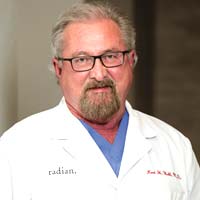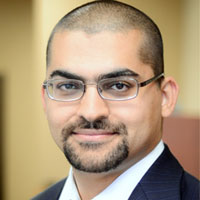Birmingham Neograft's Non-Invasive Hair Replacement Therapy Reaps Success in Alabama
Birmingham Neograft, a specialist in modern hair replacement therapy in Alabama, announced a new hair replacement technology introduced by Michael S. Beckenstein, M.D., a plastic surgeon based in Birmingham.
The Neograft technology eliminates the surgical process associated with traditional hair transplant methods, so there is no fear of incisions, scars, sutures, or post operative discomfort. This cosmetically safe treatment is especially beneficial for women suffering from hair loss.
The Neograft technology is convenient as more hair can be harvested and transplanted in a single procedure as compared to other Follicular-Unit Extraction (FUE) methods, so it is cost effective as well, according to Dr. Beckenstein.
Patients who have earlier undergone the traditional strip methods therapy have been found to be traumatized by the discomfort, scars and lack of donor hair, Dr. Beckenstein says. The Neograft method eliminates these concerns as it is completely free from scars and pain. The hair used for the transplant is taken from other areas of the scalp of the patient himself/herself.
Neograft utilizes single follicle FUE transplantation methods that create the most natural hairlines and overall appearance. To be successful in the process, the physician needs to be expert and highly judgmental.
Birmingham Neograft has completed their second generation of patients.
"We now have the experience, patient satisfaction, and excellent results we were striving for and are highly confident to announce we are here!," Beckenstein said. "We are ready to provide hair transplantation, in Alabama, with the highest level of care that I have provided for my plastic surgery patients." Recently, News Junky Journal reported that in spite of the sluggish global economy, hair restoration surgery is on the rise, according to the International Society of Hair Restoration Surgery’s 2011 Practice Census.
The research found that hair restoration instances have increased 15 percent in the U.S. and 66 percent worldwide between 2004 and 2010, mainly due to the rise in demand for the less-invasive FUE hair transplant procedure.
By Rajani Baburajan







